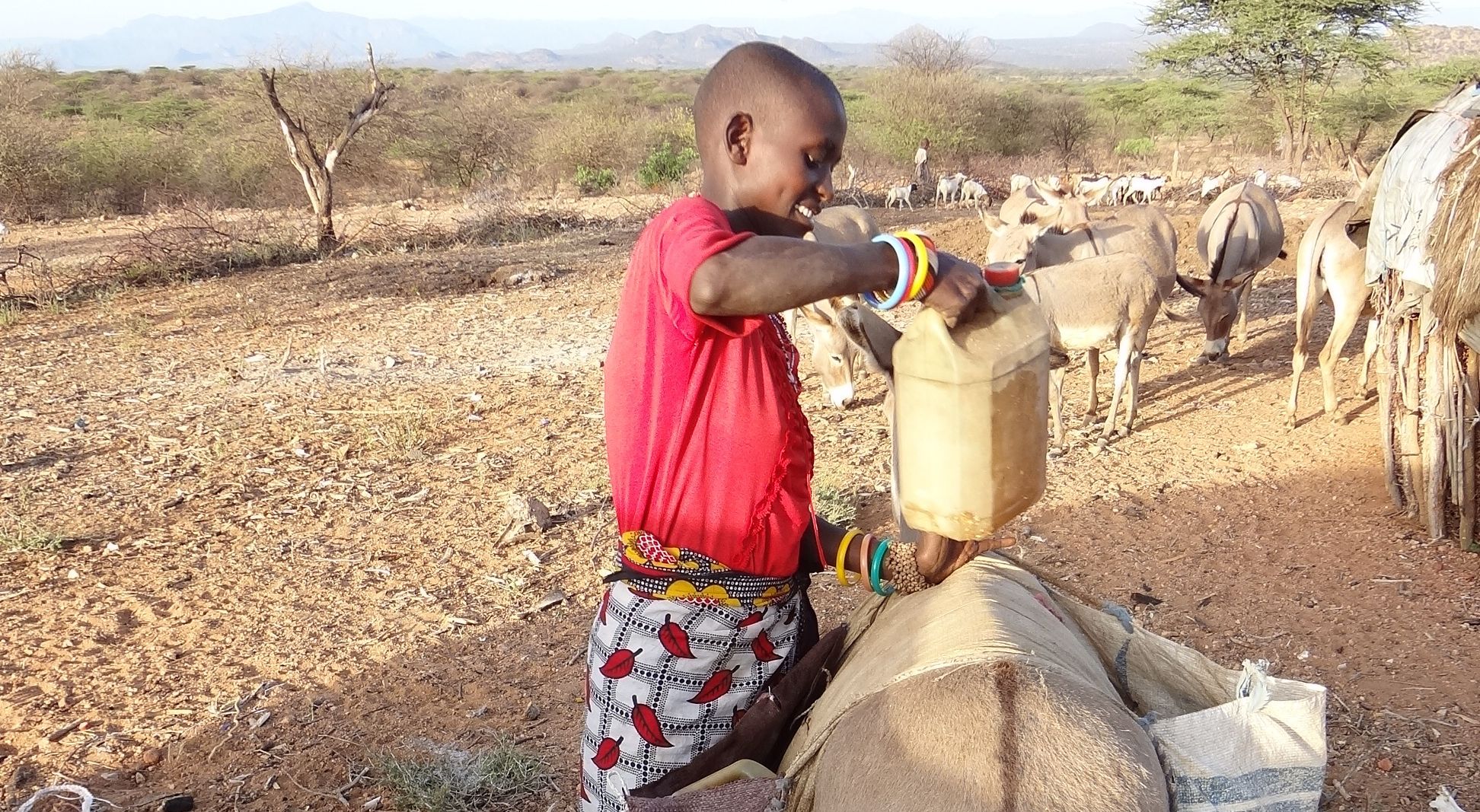Huge robots identified as flying donkeys with rugged air frames capable of lifting heavy suitcase loads over long distances will in the next seven years be available in Africa once selected tech savvy individuals participate for this year’s challenge to help achieve this dream.
Once applicants send their CVs and registrations this month of November 2013 through to February 2014, they would be able to help develop creative ideas of ensuring that the donkeys that are due in the continent by 2020, would be able to carry at least 20 kilos over 50 kilometers in less than an hour by air.
At a time when Africa is expanding to build its road network, creators of this concept: La Fondation Bundi and the Swiss National Centre for Competence for Research in Robotics (NCCR) thought of an idea that would utilize the sky as a means of transport, christened “Flying Donkey”. Thus, it is Aspired that Africa would be the first continent to be the first continent to develop unmanned air cargo at massive scale.
Yet, reports say that Africa would need to invest some $93bn USD each year in infrastructure but it is only deploying 45bn USD.
Nevertheless, apart from reducing road carnage, Flying Donkey hopes that thousands of the cargo robots would be operating on established networks in Africa and globally with a generation, through the creation of jobs at the same time enabling e-commerce.
“If we are going to use flying robots to transportation goods on a massive scale, it makes more sense to do in Africa first (size, demographic growth, rise of e-commerce)!” notes The Director and Board Member of the NCCR, Simon Johnson.
Moreover, the concept developed would work to ensure flying donkeys are a friendly service, dependably exploiting the sky while enhance e-commerce. “Flying Donkey will create jobs, new trades and industries in Africa that will benefits others around the world.”
For this year’s challenge, the initiators have set their focus on majority African designed and assembled flying donkeys. It is expected that for tens of thousands of donkeys would be operating globally within a generation.
Thus far, the foundation has identified technical, legal, logistics and architectural and design challenges. It will award large cash prizes to teams with the best solutions ranging from $50, 000 to 30,000 USD for team grants, 20,000 to 100,000 for annual sub-challenges while the winner of the Flying Donkey Challenge walks away with $2million USD.
“Overall, we will select teams from around the world, in all four tracks: Technology, Legal, Logistics & Design, with doable projects, high level of innovation, right skills and African collaboration,” noted Johnson.
In all, the first annual event will be hosted by Kenya’s North of Mt. Kenya, that’s big enough to allow the creation of a lab to enable a global emerging industry.
Moreover, starting this month of November 2013 through to 28th February 2014, individuals can send their CV and they would be put them in touch with teams that are applying. Application deadline for the First Edition is end in February 2014.
For details, send an email to Fondation Bundi-Afrotech address: fly@flyingdonkey.org.





